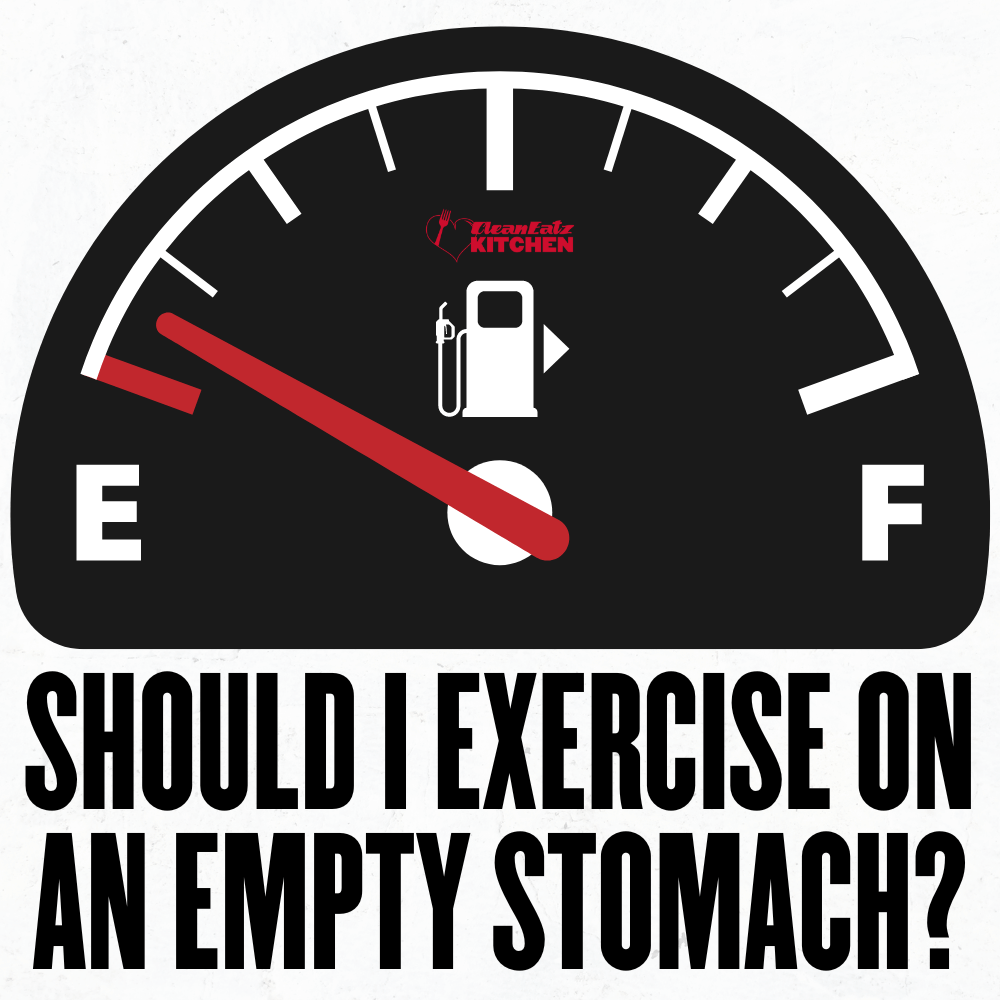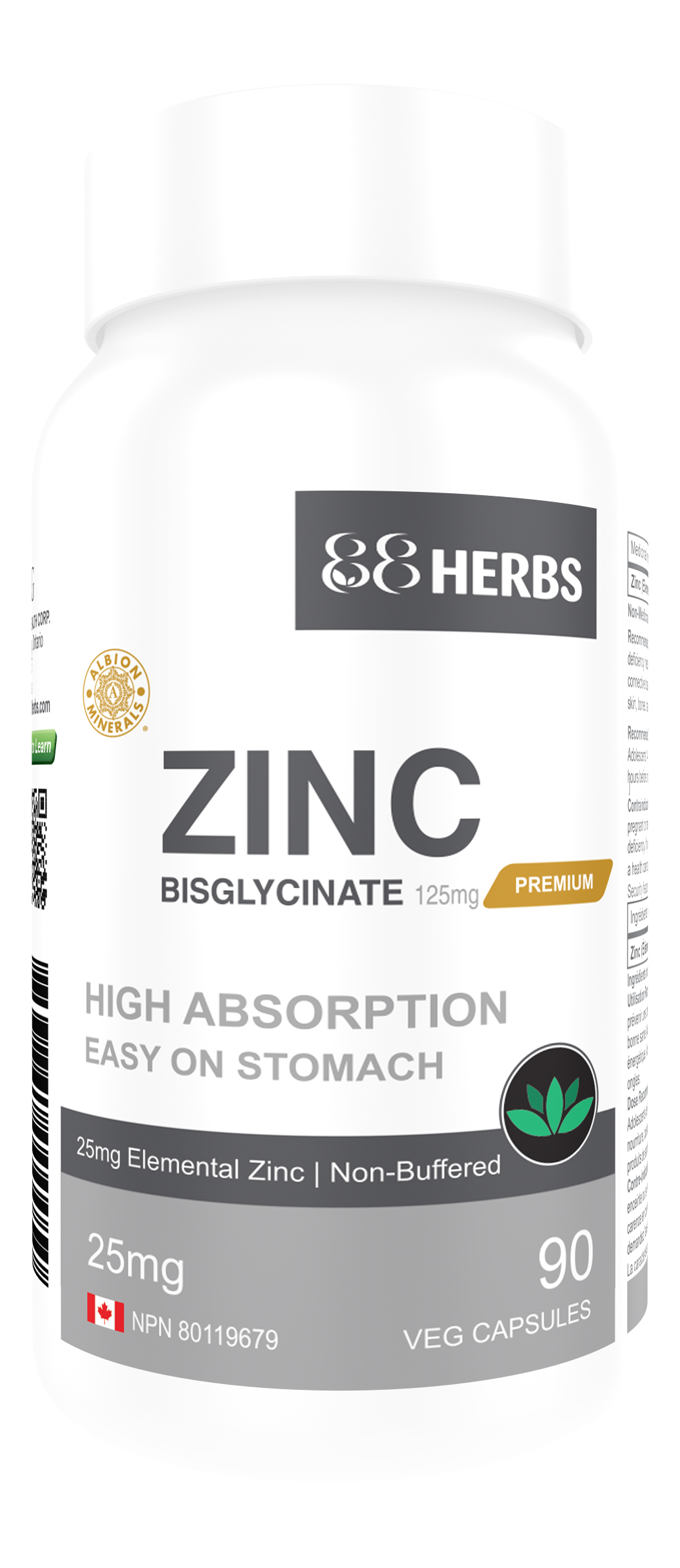How To Feel Better After Taking Zinc On Empty Stomach

The burning sensation starts subtly, a knot forming in the stomach that soon escalates to nausea. It’s a familiar feeling for many who've taken zinc supplements, a nutrient vital for immune function and wound healing, only to be greeted by unpleasant gastrointestinal distress.
While the benefits of zinc are well-documented, its reputation is often tarnished by the discomfort experienced when ingested on an empty stomach. Understanding how to mitigate these side effects and still reap the rewards of zinc supplementation is crucial for optimal health.
Understanding the Discomfort
Zinc, a trace mineral, plays a critical role in numerous bodily functions. It's essential for immune system regulation, DNA synthesis, and even the senses of taste and smell.
However, zinc salts, particularly those found in inexpensive supplements like zinc sulfate, can irritate the gastric lining. This irritation is significantly amplified when the stomach is empty, leading to symptoms like nausea, vomiting, stomach cramps, and diarrhea, according to the National Institutes of Health (NIH).
The Science Behind the Reaction
The mechanism behind this discomfort involves the direct interaction of zinc ions with the stomach mucosa. Hydrochloric acid in the stomach can exacerbate this effect by increasing the solubility of zinc salts, leading to a higher concentration of zinc ions in direct contact with the sensitive lining.
Some individuals are more susceptible than others. This can be due to pre-existing conditions like gastritis or irritable bowel syndrome (IBS), or even variations in gastric acid production.
Strategies to Alleviate Discomfort
Fortunately, experiencing unpleasant side effects from zinc supplementation doesn't necessarily mean abandoning it altogether. Several strategies can effectively minimize or eliminate these issues.
Taking Zinc With Food
The most widely recommended solution is to take zinc supplements with food. Food acts as a buffer, diluting the concentration of zinc and slowing its absorption rate.
A small snack or meal containing some fat and protein is typically sufficient to mitigate the irritating effects. This reduces the direct exposure of zinc to the stomach lining, preventing the onset of nausea and other gastrointestinal problems.
Choosing the Right Form of Zinc
Not all zinc supplements are created equal. The form of zinc can significantly impact its tolerability.
Zinc picolinate, zinc citrate, and zinc acetate are often considered more easily absorbed and less irritating than zinc sulfate or zinc oxide. These chelated forms of zinc are bound to organic molecules, potentially increasing their bioavailability and reducing gastrointestinal side effects.
"Chelated forms of minerals, including zinc, are generally better tolerated because they are more easily recognized and absorbed by the body," explains Dr. Anya Sharma, a registered dietitian specializing in mineral deficiencies.
Adjusting the Dosage and Timing
Sometimes, the issue isn't the timing but the dosage. Taking too much zinc at once can overwhelm the body's ability to process it, leading to digestive distress.
Consider splitting the daily dose into smaller amounts taken throughout the day, always with food. This approach helps maintain consistent blood levels of zinc without overloading the stomach.
Considering Enteric-Coated Supplements
Enteric-coated zinc supplements are designed to dissolve in the small intestine rather than the stomach. This prevents direct contact with the gastric lining, reducing the risk of irritation.
However, some studies suggest that enteric coating may also decrease the overall absorption of zinc. Careful consideration of individual needs and consultation with a healthcare professional are advisable before opting for this type of supplement.
Staying Hydrated and Mindful of Diet
Adequate hydration is crucial for overall health and can help alleviate digestive discomfort. Drinking plenty of water throughout the day can help dilute stomach contents and promote regular bowel movements.
Additionally, avoid consuming other potential irritants, such as caffeine or alcohol, around the time you take your zinc supplement. A balanced diet rich in fiber can also support healthy digestion and reduce the likelihood of experiencing side effects.
Seeking Professional Advice
While these strategies are often effective, it's always best to consult with a healthcare professional before starting any new supplement regimen. A doctor or registered dietitian can assess your individual needs and recommend the appropriate form and dosage of zinc.
They can also help identify any underlying medical conditions that may be contributing to gastrointestinal sensitivity.
The Future of Zinc Supplementation
Research continues to explore innovative ways to enhance zinc absorption and minimize side effects. Scientists are investigating novel delivery systems, such as liposomes and nanoparticles, to improve zinc bioavailability and target specific tissues.
Furthermore, personalized nutrition approaches are gaining traction. These approaches consider individual genetic predispositions and metabolic profiles to optimize nutrient intake and minimize adverse reactions.
Ultimately, the goal is to develop zinc supplements that are both highly effective and well-tolerated, ensuring that everyone can benefit from this essential mineral without experiencing unwanted side effects. By understanding the nuances of zinc supplementation and employing appropriate strategies, individuals can confidently incorporate this vital nutrient into their daily routine and reap its many health benefits.


















